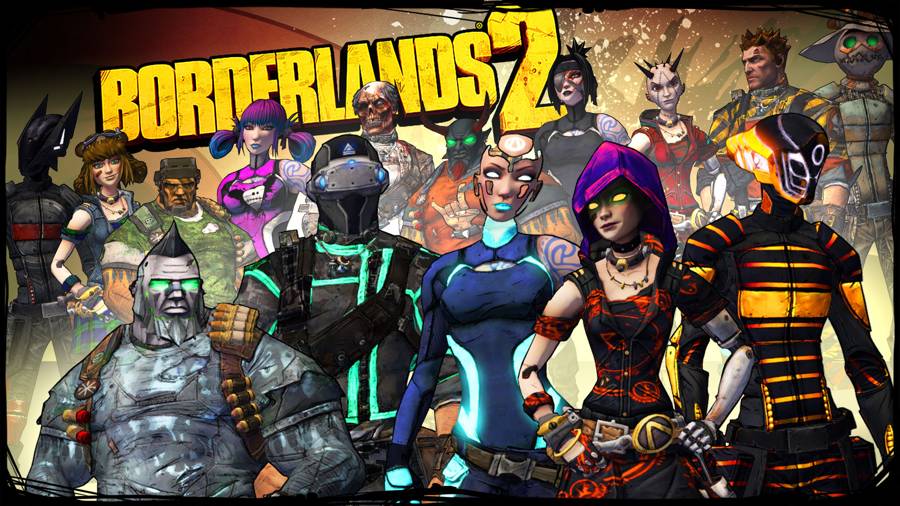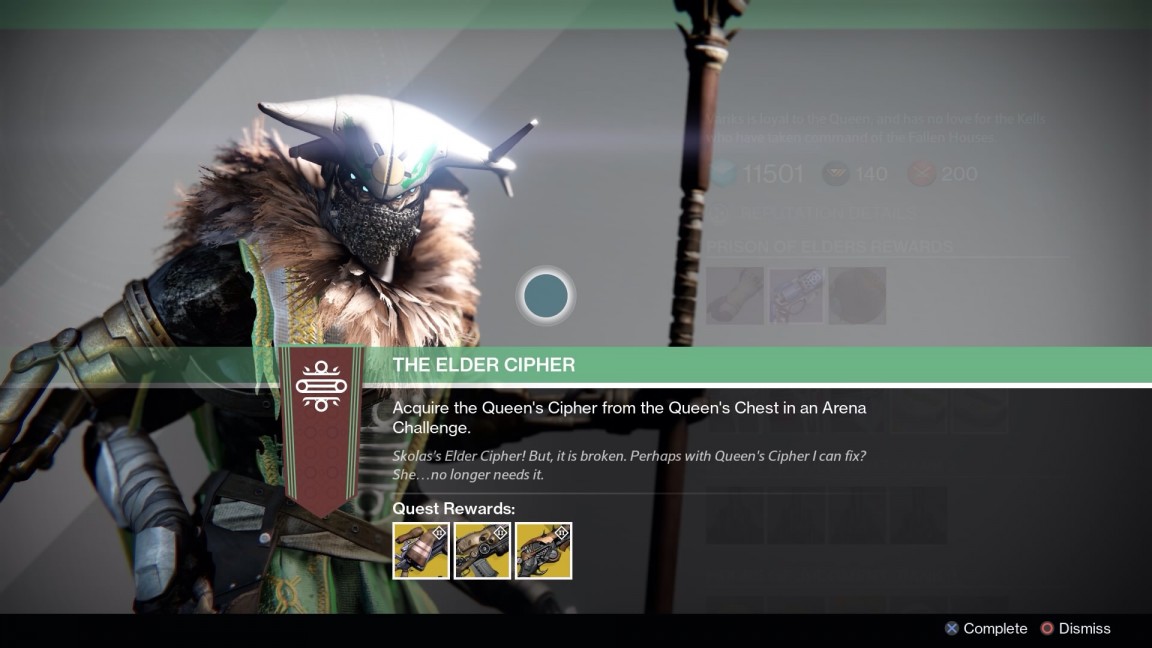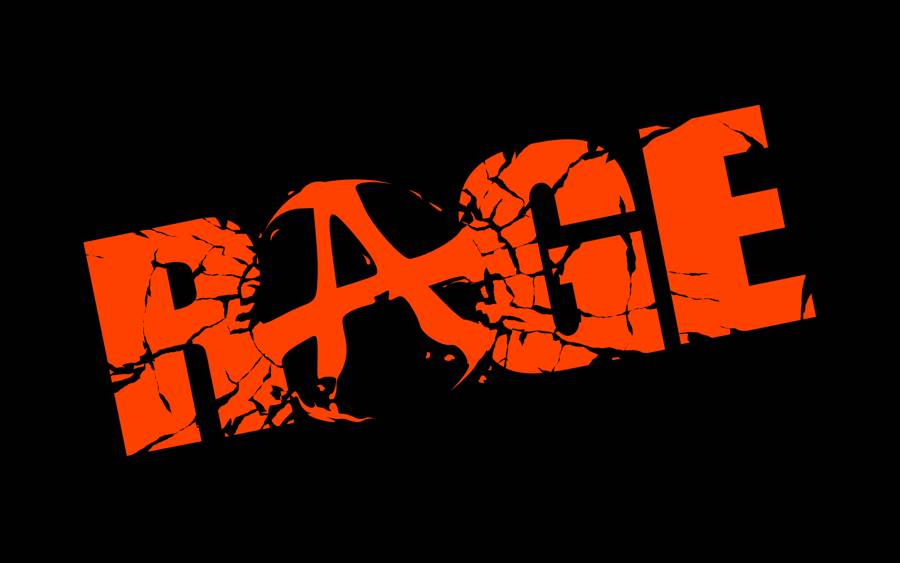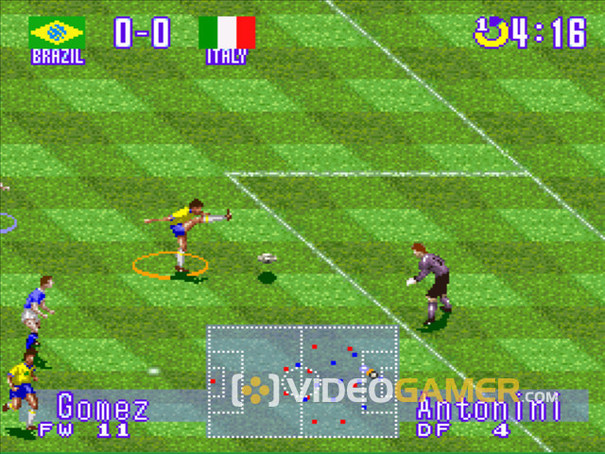I will look briefly at how the formation of social networks differs between those people who play role play games, and those who do not. I will examine in particular pen and paper role play games (RPGs) such as Dungeons and Dragons (DnD), and their later computer based descendants which include Might and Magic and World of Warcraft.
Here, I define a role play game as any game where the primary purpose is for the players to act out the role of someone else, as opposed to other games with more specific objects such as to capture the opponents king. Role play games have existed in various forms for centuries; in fact one could even describe a theatre play as a form of role play game. However, the games I am concerned with here are those that descend from Dungeons and Dragons.
Now the most popular games are computer games, of which an entire genre is devoted to RPGs, and which have become increasingly popular. The original dungeons and dragons, however, is what is known as a pen and paper game meaning that only a pen and paper is required to play it. As a side note, this is not in fact true- it also requires several dice. Still, in an era devoted increasingly to the computer, the older games remain surprisingly popular.
Pen and paper RPGs generally involve a small group of players, generally 4-7, gathering regularly to play. Because these games involve long term character progression, it makes it difficult to introduce new players to an ongoing campaign and so a group, once formed, rarely changes until it disbands. On the other hand, the close cooperation required of players in the game will serve to bring them closer together and form a strong sense of teamwork. This means that DnD players are usually much closer to each other then is usual for a group of friends, and so it can be very easy for one person to expand their network of contacts to include those of their friends. However, because at heart the purpose of the game remains playing out an entirely different character it is not unusual to find that it is used as a form of escapism, and the players prefer not to discuss their life outside. This serves to make them even more isolated because they build no contacts during the game, thus effectively wasting time that could have been used in another more inclusive hobby. In the end it depends on the characters of the players, and seems to have no impact other then to bring like-minded people together. So if the group is very social, it will greatly aid the expansion of their social networks. If it is introverted, then it will do nothing for them.
Unlike pen and paper games, computer games are played in isolation. Single player games can be dismissed out of hand, as there is no real difference between a single player role play game and any other single player game. However, online role play games, especially massively multiplayer online role play games (MMORPGs), are quite different. All MMORPGs involve a large number of players (hence why it is called 'massively multiplayer') and so make it easy to interact. This, coupled with the anonymity provided by the internet, leads people to initiate far more conversations then they normally would. It is extremely easy to form friendships online, although these tend to be fluid and easy disrupted. In addition to this most MMORPGs allow, in fact encourage, players to form player run organisations for mutual support. Called clans or guilds, these encourage people to work together and often lead them to keep in contact throughout various games.
Occasionally, acquaintances formed online will extend to real life, usually because most players keep contact with their friends over instant messaging such as MSN messenger and ICQ, and can just as easily use these media to keep in touch with friends made in an online game. This enables an overlap of real life with their life online, and a large number of contacts can be built up this way. However it is quite unusual for one player to introduce two others to each other, so social networks formed this way rarely extend more then a single level.
So online games can provide a great aid to the formation of social networks, although these networks are usually quite distinct from those formed outside the internet. However, these two worlds will often overlap, as online and offline friends will be contacting the player with using the same email address or messaging account.
While social networking is relatively unaffected by pen and paper role play games, the online alternatives have quite a significant effect. They allow the building of a large network of social contacts, and although these usually do not carry over into real life it could be argued that more and more of so called 'real life' is actually occurring online. Hence it is not particularly odd that social networking and the formation of friendships is gradually shifting online, along with the rest of human activities. In conclusion, while pen and paper RPGs are little different then any other club or hobby, MMORPGs have a huge influence on the lives of their participants. They enable large virtual networks of contacts to form, and generate an entire online community with its own forms rituals and rules of conduct, really no different then any other society or social gathering- save appreciably larger!






 Far Cry 4 Balance Of Power Guide - Amita Or Sabal?
Far Cry 4 Balance Of Power Guide - Amita Or Sabal? Starcraft 2 Zerg Strategy Against Cannon Rush
Starcraft 2 Zerg Strategy Against Cannon Rush How Doom Helped To Doom The Amiga
How Doom Helped To Doom The Amiga 12 signs youre obsessed with Starcraft II
12 signs youre obsessed with Starcraft II Old Game Plus: International Superstar Soccer and the beauty of complete nonsense
Old Game Plus: International Superstar Soccer and the beauty of complete nonsense